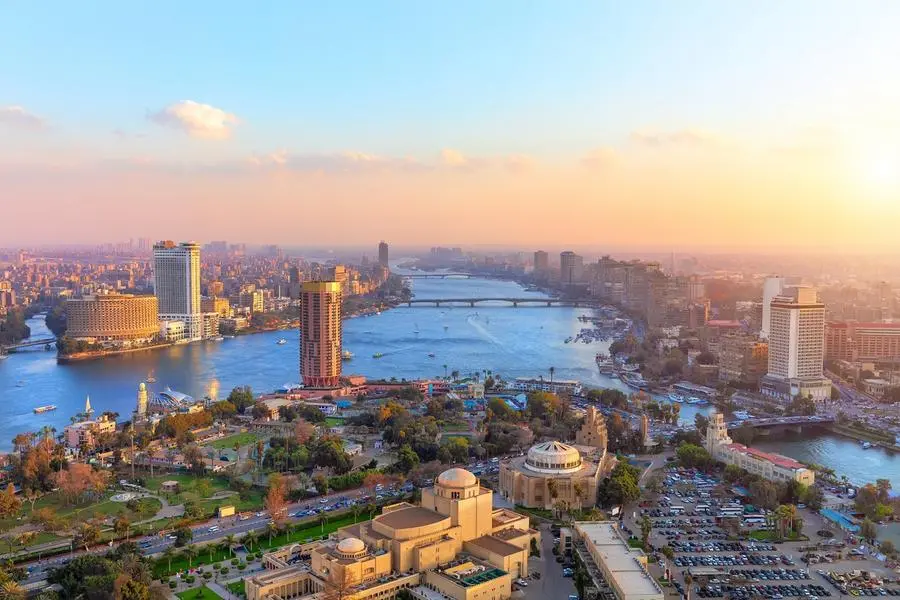PHOTO
The IMF expects Egypt's inflation to remain high in the near term, with the forecast for the next fiscal year to average about 25.5% and 15.25% for the end of the next fiscal year, Ivanna Vladkova Hollar, the IMF Egypt mission chief, said on Monday.
However, she said that forecasting inflation for the very near term "is quite a bit uncertain, given that it is possible that much of the pass through from the unification of the exchange rate has already played out into prices to date , and so the price pressures (going) forward may not be as strong."
The appreciation trend seen in the official currency recently may also reduce some of the price pressures that the IMF had forecast, Hollar said while addressing a press conference on Monday.
The IMF on Friday approved an expanded $8 billion financial support programme for Egypt that allows for the immediate disbursement of $820 million. Prime Minister Mostafa Madbouly later said on Saturday that Egypt expects to receive the first tranche this week.
According to the Fund, Egypt's growth will slow to 3% in 2024 from 3.8% in FY2022-23 but recover to about 4.50% in FY2024-25.
Holler said the growth forecast was reduced on the back of external shocks and on the difficulty in accessing foreign exchange up until the March 6 actions by the Central Bank of Egypt.
"As we expect the environment facing the private sector, including the availability of critical foreign exchange to improve, we have upgraded the growth forecast to just under 4.50% for next year."
On the $35 billion investment deal by Abu Dhabi Developments Holding Company (ADQ) in Ras El-Hekma, she said there was a commitment from the Egyptian authorities to save a significant portion of those proceeds in gross international reserves to strengthen the buffers to deal with forward looking shocks and to use 50% of the local currency value of those proceeds to reduce public debt.
Egypt's economy has been facing a slew of challenges like rising inflation, foreign exchange shortages and high debt levels. The Gaza conflict and the attacks from Yemen's Houthis on shipping in the Red Sea have also led to fall in tourism and Suez Canal revenues, two top foreign currency earners for the cash-strapped nation.
On the prospects of the Central Bank of Egypt easing fiscal policy anytime soon, Holler said with the inflation rate still expected to remain relatively high in the near term, the monetary agency should actually be ready to tighten policy.
(Writing by Brinda Darasha; Editing by Seban Scaria)





















